May 19, 2025 | 19:36 GMT +7
May 19, 2025 | 19:36 GMT +7
Hotline: 0913.378.918
May 19, 2025 | 19:36 GMT +7
Hotline: 0913.378.918
Mr. Hoang Van Hong, Deputy Director of the National Agricultural Extension Center (MARD), determined that we are shifting from manual methods to widespread adoption of mechanization in regard to the selection of cultivation methods that bring efficiency and suitability to rice production in the provinces of the Red River Delta.
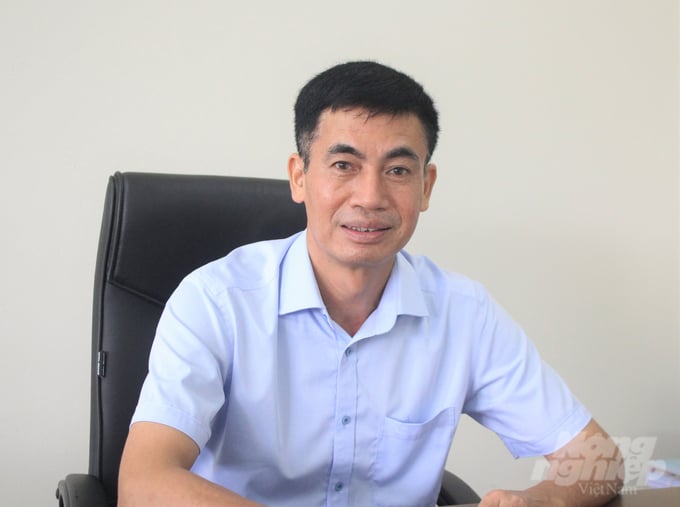
Mr. Hoang Van Hong, Deputy Director of the National Center for Agricultural Extension, suggests solutions to promote the mechanization of sowing in the Red River Delta. Photo: Trung Quan.
Consequently, provinces in the Red River Delta have adopted multiple cultivation techniques simultaneously. Each has unique advantages and disadvantages, and farmers use them in accordance with regional cultivation practices and field conditions. Step-by-step implementation of cultivation mechanization in particular and synchronous mechanization in rice production, in general, is required.
Field production demonstrates that tray plating and transplanting are the preferable cultivation methods. In addition to labor savings and a reduction in cultivation time for line sowing, row sowing, and cluster sowing, this method prevents parasites and increases the plant's resistance to collapse. The greatest benefit of this technique is that it reduces the number of seeds. According to statistics, using a tray plating - transplanter can reduce seed usage by 10 to 20 kilograms compared to manual sowing.
The cluster sowing method exhibits some similarities to tray plating - transplanter as a result of the industrialization of agriculture. This method requires stringent techniques for marinating and storing unhusked rice to ensure uniform sowing density, but it does not require a large amount of land for sowing.
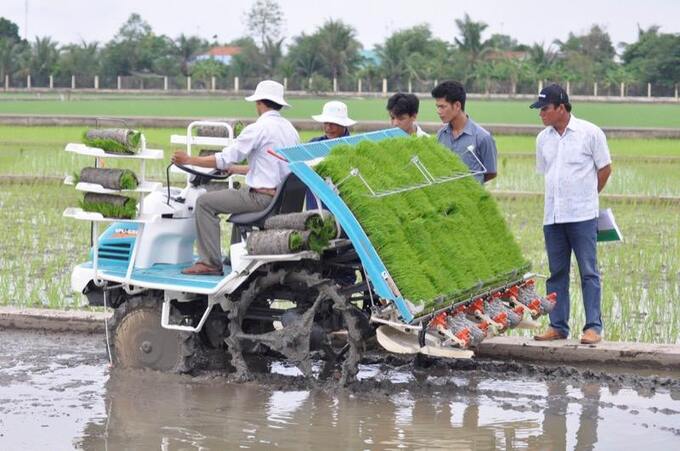
Transplanters have been put into production for a long time in the Red River Delta, but so far the rate of expansion of production by this method is still very slow. Photo: Trung Quan.
In addition, soil tilling and water management in the field necessitate subjectivity. This may prove difficult in the Red River Delta, where a tiny cultivation area accounts for the overwhelming majority of the land and where multiple cultivation techniques coexist.
In terms of seed quantity, machine transplantation, and cluster sowing save seeds (the transplanter only requires 40 to 50 kg of seed per hectare, while cluster sowing requires 40 to 70 kg). This is a crucial factor because when the quantity of seeds decreases, other materials, such as fertilizers, pesticides, etc., will also be reduced. However, cluster sowing requires an additional 1-2 days of waiting after sowing. This is an opportunity for weeds to germinate and develop, resulting in a higher grass density in the field, as only "stand-by" rice seeds can carry water into the field.
In addition, rice seeds do not have a deep sink when sown in clusters, so the rooting ability of rice plants will be inferior compared to when they are transplanted by machine, resulting in less resistance to falling. Simultaneously, the low density of transplanting when using a machine will help to open the rice field, eradicate an environment conducive to the development of pests and diseases, reduce the cost of pesticides, and boost productivity.
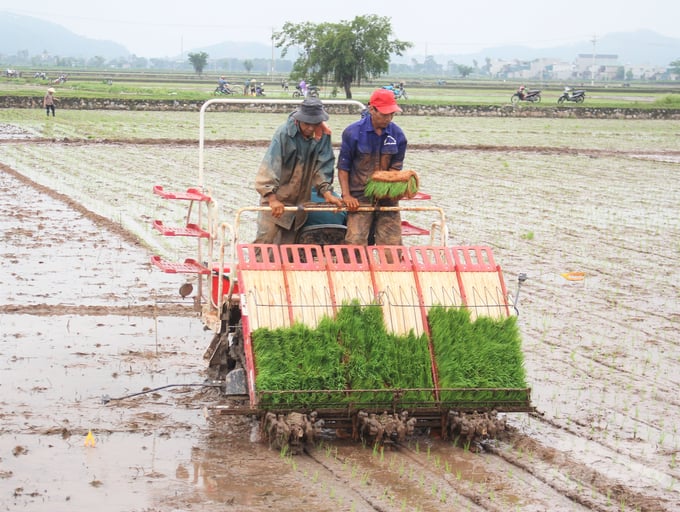
The tray plating - transplanter cultivation costs the least amount of seed in the current transplanting methods. Photo: Trung Quan.
Mr. Hong believed that the benefits of transplanters had been demonstrated through genuine production. To surmount obstacles and replicate this method, however, affiliated units, businesses, and cooperatives must eliminate "bottlenecks."
Particularly, the production area must be expansive, machine operation-friendly, and maximize capacity. Several regions have implemented land accumulation and concentration to construct "big paddy" in order to acquire a large area. However, "big paddy" proprietors are concerned about the potential hazards posed by the verbal land-lease agreement with the paddy's owners.
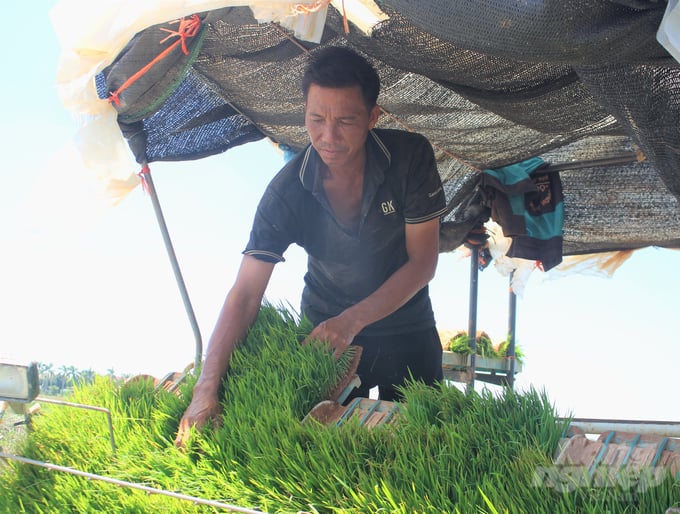
Accelerating the application of transplanters into production must solve many current problems. Photo: Trung Quan.
The most important factor is that the land lease contract's contents must be clear, so that people no longer fear losing land, such as renting land only for agricultural production, not changing the land's status, rental period, price leasing, binding at the end of the contract, contract termination... When the two parties reach a consensus and resolve all issues, it is advisable to invite the local government to serve as an intermediary to ensure that the contract's implementation will only improve.
Units should also take note of the fact that a large production area does not necessitate the accumulation of land, but rather encourages many households in the same area and plots to agree to use the tray plating-transplanter method.
To achieve this, service divisions must standardize their operations, from assuring plating quality and machine operation techniques to assisting individuals with post-transplantation problems. In addition, the entire political system, particularly mass organizations, must be involved in order to progressively alter the people's understanding and traditional farming practices, indicating the need to implement globalization in production.
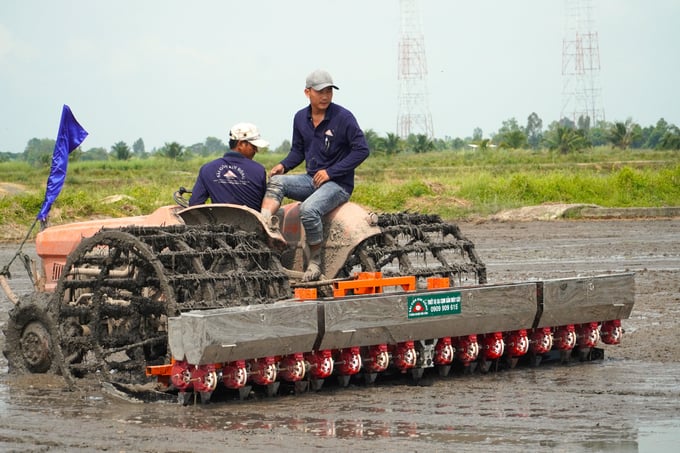
Currently, cluster sowing machines are considered to be integrated with many advantages in rice cultivation, but are still limited when applied in the Red River Delta due to the small field size. Photo: KT.
The production of tray plating necessitating a medium-to-large area is a further obstacle faced by a number of tray plating service providers and transplanters. As for the growing medium, they are an essential element for the survival of the seedlings.
Currently, many units in the provinces and cities turn to Thanh Hoa for cultivating medium soil due to its favorable characteristics for tray-plating and reasonable price. Consequently, the price issue is not a major concern in the end.
There are now entities and individuals in some provinces who collect their own soil locally for tray plating. It should be noted, however, that soil for plating containers is not available everywhere, as the soil quality must guarantee the absence of pathogens and toxic substances, especially when manufactured in large quantities. Therefore, it must carefully consider and calculate when using the on-site land to produce growing medium.
For the tray plating production area, which faces challenges due to the limited land fund of the units, the majority of units deploying the transplanting service actively produce tray plating, rendering the formation of tray plating production units nearly unprofessional. Therefore, there is nothing comparable to the fact that the service units actively develop an effective operation plan based on the actual local situation.
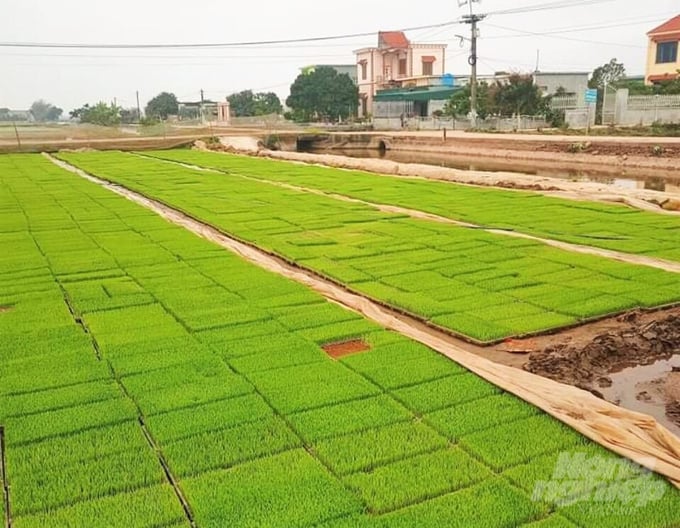
The land fund for tray plating cultivation is currently also a stage that many units and cooperatives struggle with every time they enter the production crop. Photo: Trung Quan.
"The person providing the service of tray plating - transplanter must actively comprehend the local crop schedule, formulate a plan at the end of the previous crop, and negotiate with the households who will need to transplant the machine in the following crop in order to maximize the field area. of the same household to position and care for serving containers. Mr. Hong's proposed solution will assist the service unit in relieving pressure on the area required to hold the substrate and position the tray.
Translated by Linh Linh

(VAN) The German Agricultural Society (DLG) explores the possibility of establishing a mechanization service center in Vietnam’s Mekong Delta to support farmers in accessing and utilizing advanced machinery.

(VAN) On May 16, the Department of Water Resources Management, in collaboration with the Food and Agriculture Organization of the United Nations (FAO), held a signing ceremony for the GEF-8 project document.

(VAN) Food safety, mechanization, vocational training, and market opening are key areas of cooperation expected between the Vietnamese Government and the Federal Republic of Germany.

(VAN) Deputy Minister Nguyen Quoc Tri also expressed his hope that Cuba will soon overcome its current challenges, attain food security, and further expand cooperation with Vietnam.

(VAN) The project contributes to enhancing the resilience of communities vulnerable to the impacts of climate change, with a primary focus on local women.
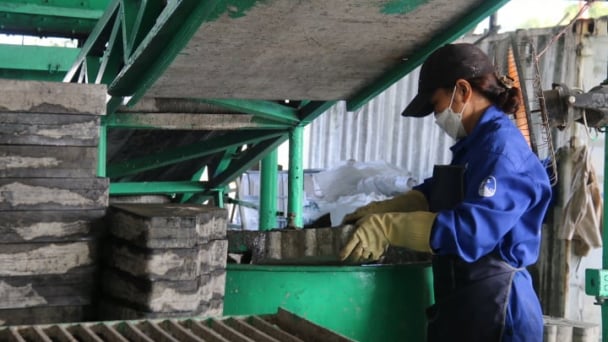
(VAN) Green materials help save energy and resources. However, after more than 10 years, Vietnam has only developed over 200 green buildings with more than 6 million square meters of floor space.
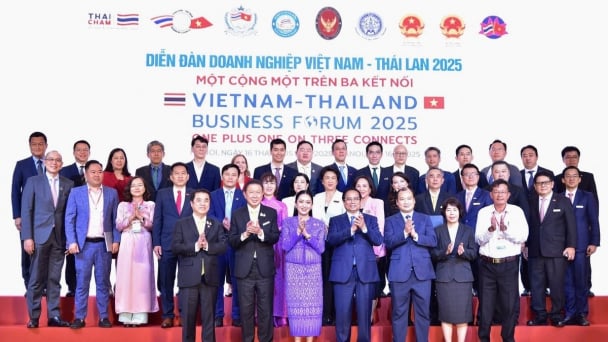
(VAN) Vietnam - Thailand Business Forum 2025: One plus one on three connects, marking a milestone in the comprehensive strategic partnership between the two nations.